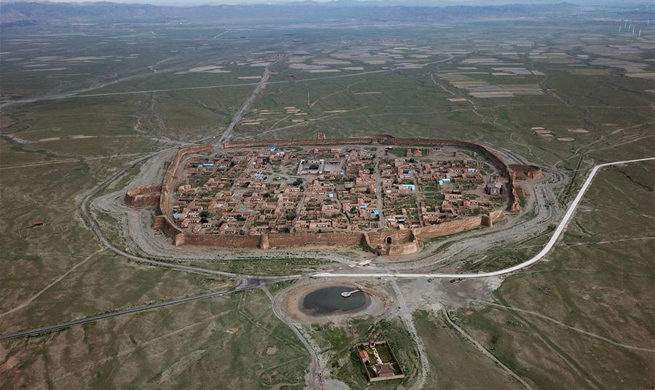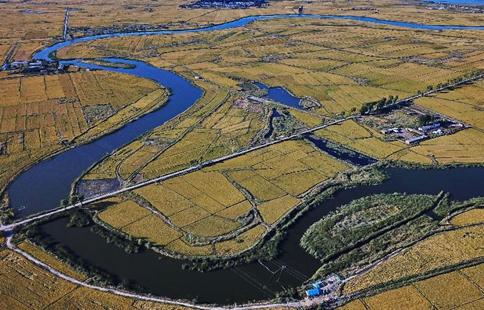WASHINGTON, Sept. 15 (Xinhua) -- Scientists have identified a set of neurons deep in the brain that controls the critical instinct of thirst.
When the researchers used optogenetics, or light stimulation, to inhibit these brain cells, mice reduced their water consumption, according to the study published in Friday's issue of the U.S. journal Science.
In contrast, activation of the neurons cause the mice to drink even though they are water satiated.
The researchers made these findings by looking at a certain region of the brain, the median preoptic nucleus (MnPO), which previously has been linked to the sensation of thirst.
"Vast majority of behavioral experiments are done by making animals thirsty, and use water as reward to train animals for specific tasks. So thirst has a very strong motivational drive," said Liqun Luo, a professor of biology at Stanford, who co-led the study with his colleague, Karl Deisseroth, a professor of bioengineering and of psychiatry and behavioral sciences.
"However, as the animals become less thirsty, their performance deteriorates. My (team was) interested in asking why water is so rewarding to thirsty animals and why the motivation is lost when they are less thirsty," Luo explained.
The team utilized a new method developed by themselves, called TRAP2, which allows them to capture neuronal populations that are activated by a specific stimulus -- in this case, water deprivation.
"These experiments suggest that activation of these neurons provides a thirst motivational drive," Luo told Xinhua.
"Furthermore, we can train mice to turn off optogenetic stimulation of these neurons by pressing a lever, suggesting that activation of these neurons is aversive to mice, and they work to turn off the stimulation," he said.
These experiments provide neurobiological support for a psychological theory known as "drive reduction theory of motivation," said Luo.
The theory was proposed in the 1940s as a unifying theory to explain motivated behavior, but went out of fashion later on for lacking neurobiological support, he said.
"In essence, a deviation of homeostasis (such as water deprivation), creates a negative drive (thirst), which motivated behavior to reduce this negative drive (search for water, and drink) to restore homeostasis," Luo said.
"In another words, thirst makes the animals feel bad, and water is rewarding to thirst animals because it makes them feel less bad, and thus 'rewarding,'" he added.

















